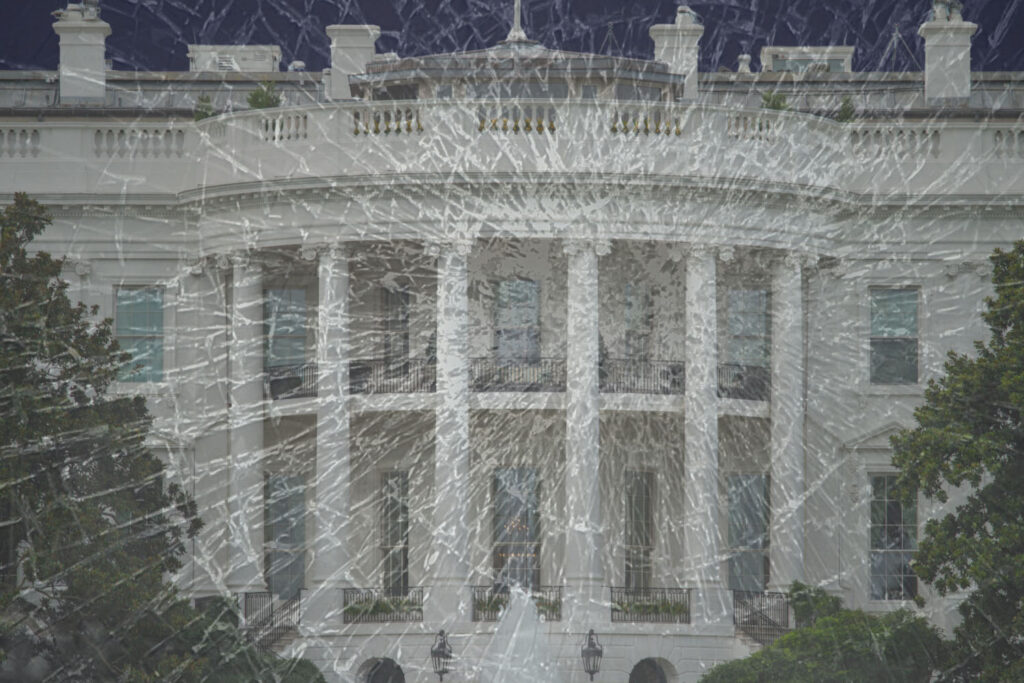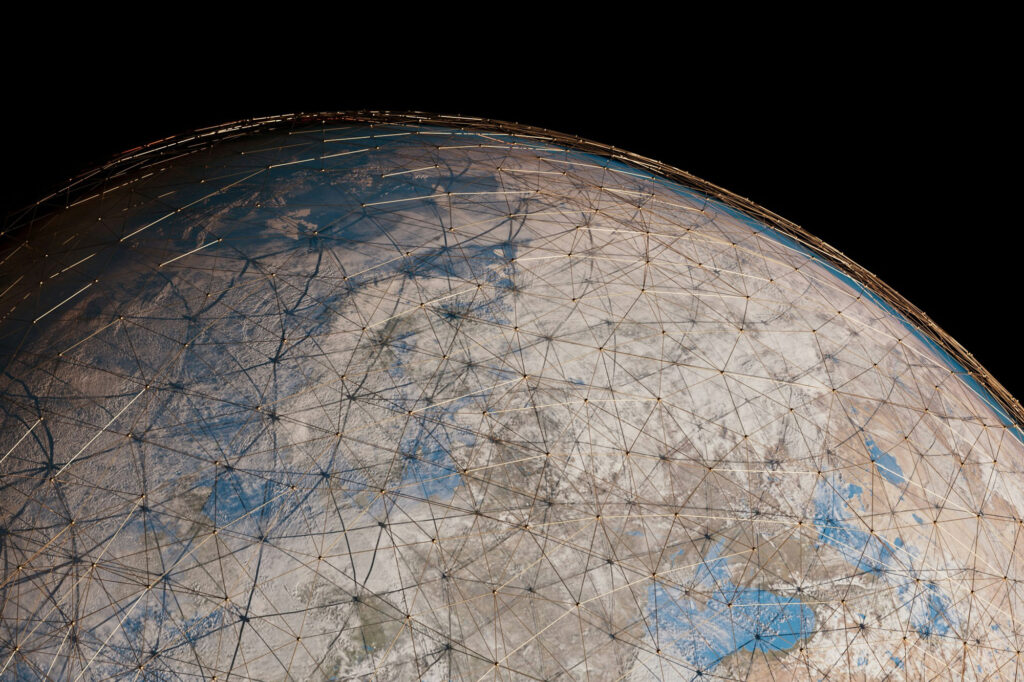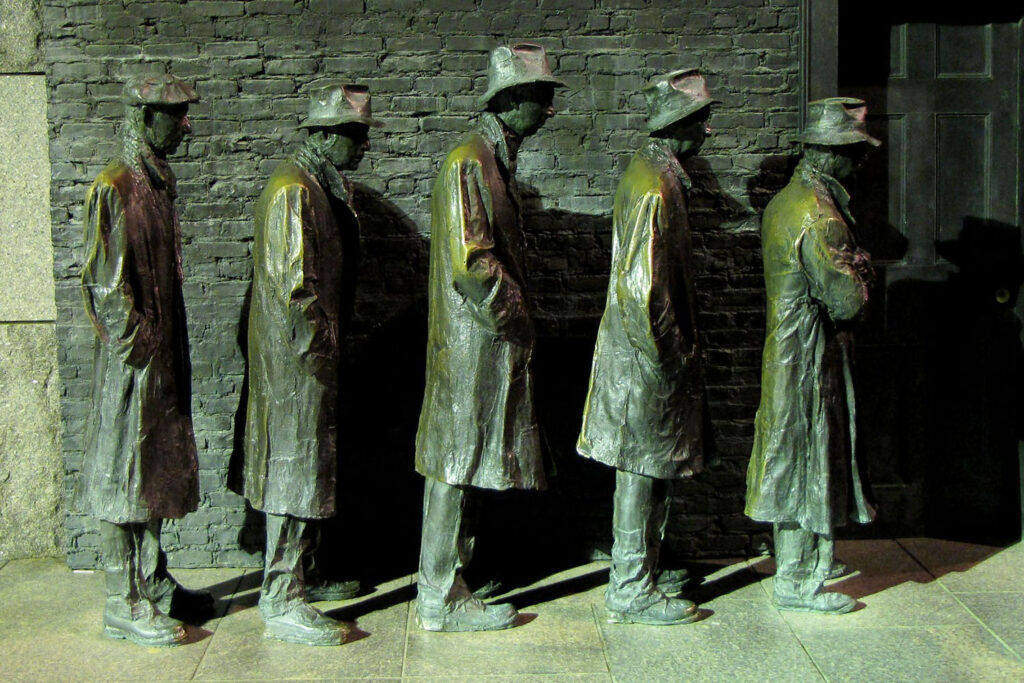Research
I study threats to global security in the 21st century, including economic instability, climate change, and energy scarcity. I’m particularly interested in the deep causes of social conflict, especially economic inequality, antagonistic group identities, polarized ideologies, and scarcities of natural resources. I aim to improve our understanding of how people, organizations, and societies can better resolve their conflicts and innovate in response to complex problems.
My work is highly interdisciplinary, drawing on political science, economics, environmental studies, geography, cognitive science, social psychology, and complex systems theory.
I am currently pursing these research interests through my work as Director of the Cascade Institute at Royal Roads University in British Columbia. The Institute uses advanced methods for mapping and modeling complex global systems to identify high-leverage interventions that could rapidly shift humanity’s course towards fair and sustainable prosperity. I’m also writing research papers on the phenomenon of catastrophic dehumanization in violent conflicts, a theory of the growth and decline of social systems, and (in collaboration with two other authors) the use of complexity concepts in international relations theory.
At the University of Waterloo in 2011, I founded the Waterloo Institute for Complexity and Innovation. In that role, I oversaw research projects focusing on four topics: the structure of political ideologies and how they change over time; applications of open-source methods to solving complex global problems; alternatives to conventional economic growth, with a particular focus on the relationship between energy and societal complexity; and threshold behavior in physical, ecological, and social systems.
I make every effort to communicate my research findings beyond the scholarly community in ways that inform policymakers and the general public.

Recent Research
Impact 2024: How Donald Trump’s Reelection Could Amplify Global Inter-systemic Risk
The report precisely assesses how a second Trump administration could supercharge global economic, geopolitical, environmental, and pandemic risks and how those risks could then combine to escalate the world’s already severe polycrisis.
Global polycrisis: The causal mechanisms of crisis entanglement
Multiple global crises have recently linked together in ways that are significant in scope, devastating in effect, but poorly understood.
The Roubini Cascade: Are we heading for a Greater Depression?
This research involves a system map of Nouriel Roubini’s argument that the world is heading into a Greater Depression.
Synchronous Failure: The Emerging Causal Architecture of Global Crisis
Recent global crises reveal an emerging pattern of causation that could increasingly characterize the birth and progress of future global crises. A conceptual framework identifies this pattern’s deep causes, intermediate processes, and ultimate outcomes.
The Conceptual Structure of Social Disputes: Cognitive-Affective Maps as a Tool for Conflict Analysis and Resolution
Thomas Homer-Dixon et al. | We describe and illustrate a new method of graphically diagramming disputants’ points of view called cognitive-affective mapping (CAM).
Consider the Global Impacts of Oil Pipelines
Wendy Palen, Thomas Homer-Dixon, et al. | As scientists spanning diverse disciplines, we urge North American leaders to take a step back: no new oil-sands projects should move forward unless developments are consistent with national and international commitments to reducing carbon pollution.





